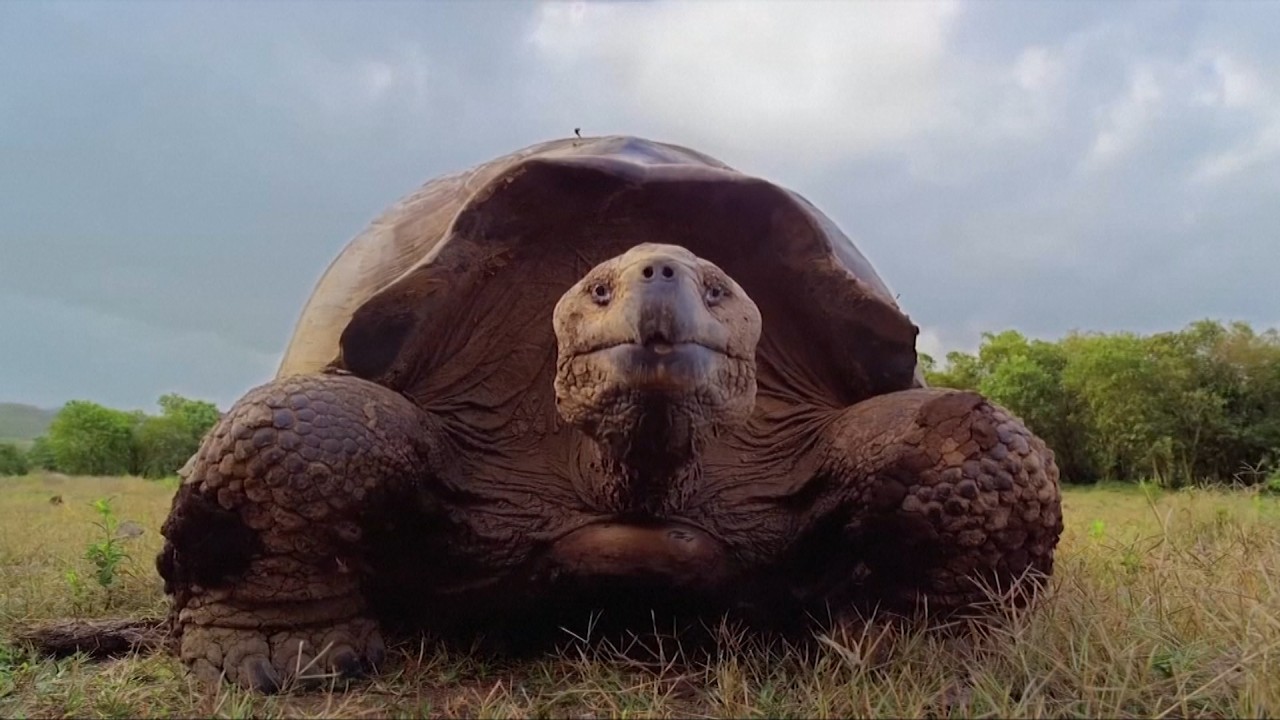Macroscope | Amid the global biodiversity crisis, China can lead with alternative meat
- Shifting our diet towards meat substitutes tackles the main source of biodiversity loss and is the most direct solution
- China, as a massive meat consumer, can play a vital role in making plant-based alternatives mainstream

If we want to solve the biodiversity crisis, investing in alternative meats is arguably the scientifically most efficient solution. In this context, China is both a source of the problem and a key part of the solution: it is the world’s second-biggest meat market and an important driver in making alternative meat mainstream.
The scientific argument for alternative meat is increasingly solid. Simply put, people’s habit of eating meat threatens biodiversity. For example, the livestock industry requires about 30 per cent of ice-free land on the planet and 80 per cent of all agricultural area, being the main cause of 70 per cent of the world’s deforestation.
As the primary driver of habitat loss, meat consumption is estimated to be the leading cause of biodiversity loss. We see the same in the oceans, where the fishing industry has driven a marine biodiversity decline over the past 50 years.
Given these facts, shifting our diet towards alternative meats is the most direct solution to the biodiversity crisis as it tackles the main source of biodiversity loss.
But as developing countries get richer, the demand for animal products is expected to more than double by 2030. If this demand is met by conventional meat, we will simply lose the battle for biodiversity. Simultaneously, expecting developed and developing nations to stop eating meat altogether is unrealistic.



